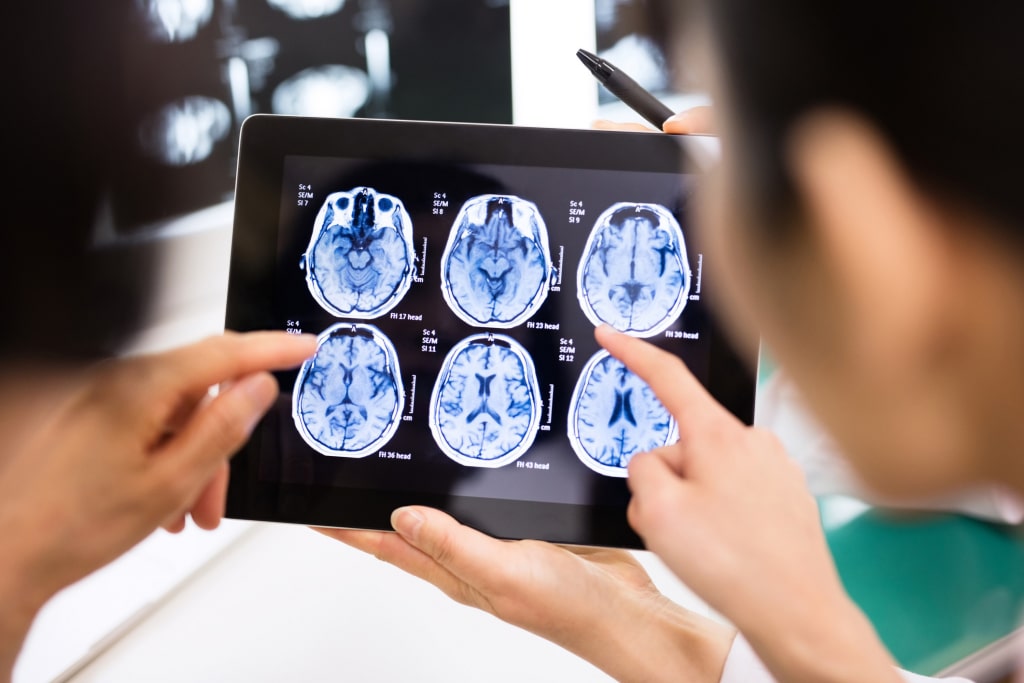What are neurohospitalists?
Neurohospitalists are physicians whose subspecialty is the management of inpatients with neurologic conditions without having outpatient responsibilities. They differ from stroke neurologists or neurointensivists in that they treat a broader range of neurologic diseases that are specific to the inpatient realm.
What does a UT Physicians neurohospitalist do?
Neurohospitalists are physicians with subspeciality training in a variety of areas, ranging from epilepsy, neurophysiology, and stroke. They use their subspecialty training to offer advanced care and coordinate care with a variety of inpatient teams. They do this all while educating residents with McGovern Medical School at UTHealth Houston on inpatient neurology.
Conditions Treated
Our neurohospitalist team is specially trained to care for people with a broad spectrum of neurological conditions, including:
- Autoimmune or paraneoplastic disorders
These are a group of rare disorders that are triggered by an abnormal immune system response to infections or a cancerous tumor. These syndromes are thought to happen when cancer-fighting antibodies or white blood cells (known as B and T cells) mistakenly attack normal cells in the nervous system. - Breakthrough seizures and status epilepticus
A seizure is a sudden, uncontrolled burst of electrical activity in the brain. It can cause changes in behavior, movements, feelings, and levels of consciousness. Having two or more seizures at least 24 hours apart with no known cause is a condition called epilepsy.
A seizure that lasts longer than five minutes, or having more than one seizure within a five minute period, without returning to a normal level of consciousness between episodes is called status epilepticus. This is a medical emergency that may lead to permanent brain damage or death.
- Cerebrovascular diseases
Cerebrovascular disease refers to a group of conditions, diseases, and disorders that affect the blood vessels and blood supply to the brain. If blockage, malformation, or bleeding prevents the brain cells from getting enough oxygen, brain damage can result. - Guillain-Barré syndrome, myasthenia gravis, and other neuromuscular disorders
Neuromuscular disorders affect the neuromuscular system. They can cause problems with the muscles, the nerves that control the muscles, and communication between the nerves and muscles. These disorders can cause muscles to become weak and waste away. Symptoms include spasms, twitching, and pain. - Meningitis, encephalitis and other center nervous system infections
Central nervous system infections caused by bacteria or fungi can lead to a brain abscess or bacterial meningitis. Central nervous system infections caused by viruses can lead to viral meningitis or encephalitis. - Multiple sclerosis and other demyelinating disorders
Multiple sclerosis is one of a number of potentially disabling diseases of the brain and spinal cord. The immune system attacks the protective sheath (myelin) that covers nerve fibers and causes communication problems between the brain and the rest of the body.
Neurohospitalist Physicians
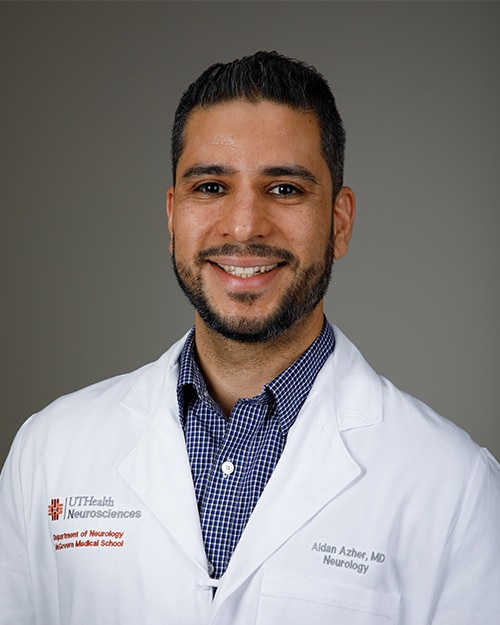
Aidan I. Azher, MD
Neurohospitalist Care
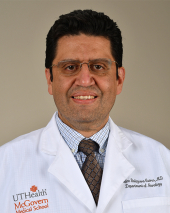
Pedro L. Balaguera, MD
Neurohospitalist Care
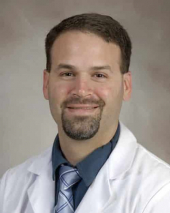
Andrew D. Barreto, MD
Neurohospitalist Care

Hammad Bokhari, DO
Neurohospitalist Care

Shivika Chandra, MD
Neurohospitalist Care
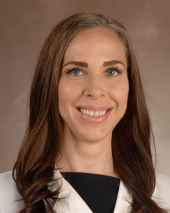
Alexandra L. Czap, MD
Neurohospitalist Care
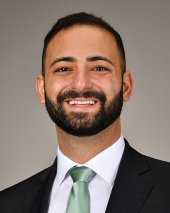
Kyrillos R. Eskander, MD
Neurohospitalist Care
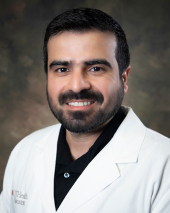
Salman Farooq, MD
Neurohospitalist Care

Chigozirim N. Izeogu , MD
Neurohospitalist Care

Amanda L. Jagolino-Cole, MD
Neurohospitalist Care

Ashutosh Kaushal , MD
Neurohospitalist Care

Khalid Khalid, MD
Neurohospitalist Care

Sishir Mannava, MD
Neurohospitalist Care
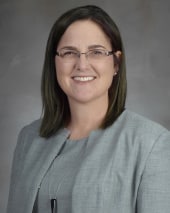
Louise D. McCullough, MD
Neurohospitalist Care
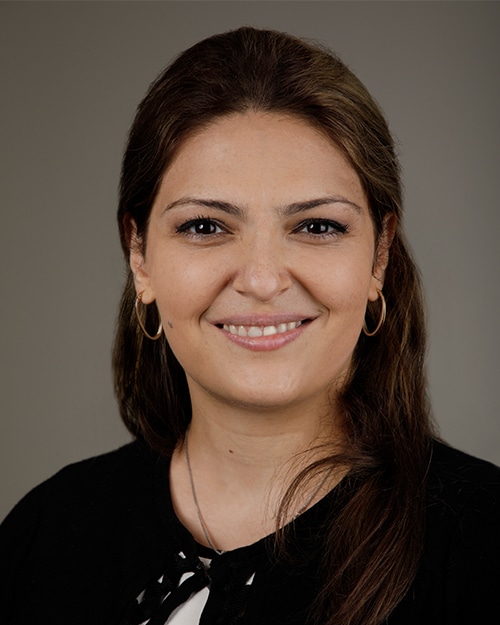
Narges Moghimi, MD
Neurohospitalist Care
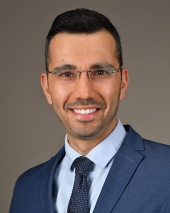
Michael I. Nahhas, MD
Neurohospitalist Care

Maria A. Parekh, MD
Neurohospitalist Care
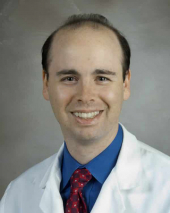
Sean I. Savitz, MD
Neurohospitalist Care

Anjail Z. Sharrief, MD
Neurohospitalist Care
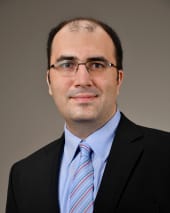
Ali Shoraka, MD
Neurohospitalist Care

Sri Raghav S. Sista, MD
Neurohospitalist Care

Shaun O. Smart, MD
Neurohospitalist Care


